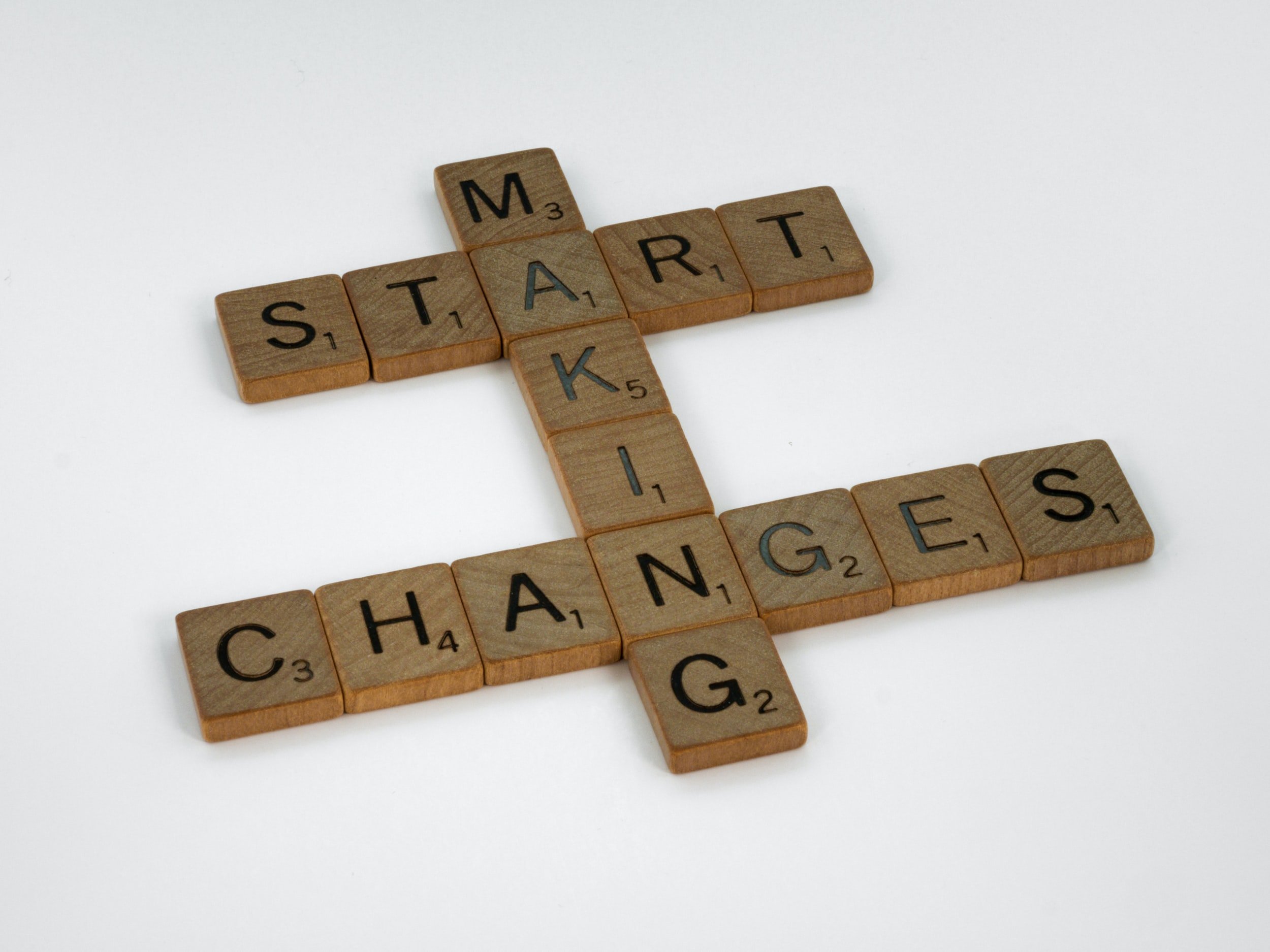Getting My Sleep Back on Track
“New Year's Resolution” season has come and gone. Some of you may feel you were successful in your resolutions, while others may be feeling sheepish to have fallen back into old habits. I appreciate the spirit of New Year’s Resolutions, but I reject the arbitrary limitations of needing a changing calendar in order to induce habit change. Every day can be a great day to start anew!
As we move into year 3 of this global pandemic, I realize that many of the coping mechanisms I adopted at the start of this pandemic have evolved into bad habits that have reduced my sleep quality and quantity. More time working from home, lack of routine, decreased exercise and increased stress have contributed to less than stellar sleep habits.
As a physician who specializes in sleep medicine, I used to chuckle when my patients would say at the end of a visit “I bet your sleep is amazing!” I used to laugh it off, but recently I see that my sleep is not amazing. I stay up too late on my computer and wake in the middle of the night worried about the missteps of yesterday and the responsibilities of tomorrow. I have let stress and busyness obliterate my routine and dictate my schedule.
All that said, I know I can turn this thing around! I know how important sleep is to my health and overall well-being, so I commit to get my sleep back on track.
The best approach is often a simple and straightforward one, so I am adopting these 5 habits to improve my sleep health and well-being.
Reestablish a routine where possible - I realize I need to take control of my schedule and not allow the busyness of work and life dictate my day. Sure, some things are non-negotiable; however, I can make time for what I value, if I am deliberate and create a system. I will set limits on my work hours, even if working from home, to allow time to exercise and rest. Having some predictability in my day will help me be more efficient and present in the moments that matter.
Here’s a simple template to help organize your day!Anchor the wake time - We all have a circadian rhythm, that among other things, helps to govern our wake and sleep. Keeping a consistent wake up time helps facilitate a regular bedtime. Upon waking, we all start to build something called our sleep drive. The longer we are awake, the more we have a desire to sleep. Avoiding sleeping in on days off will help avoid late nights, which will help keep me on a good schedule. Thankfully, with the sun rising a bit earlier these days, I can use bright, natural light in the morning to help me feel more awake. Which leads me to my next new habit…
Get Morning Light - Natural morning light within the first hour of waking up helps me set that natural rhythm. Our circadian rhythms are most sensitive to entrainment (or “setting”) about 2 hours before our typical bedtime and about 1 hour after our typical wake up time. Light is the most powerful way to influence your daily circadian rhythm. So soon after waking up, I’ll try to get outside for some natural light for at least 30-45 minutes. Often, busy mornings don’t allow me to lounge or take a walk outside, so I will open the sunroof and enjoy the sunshine on my way to work in the morning! For those who want to follow suit, you can put on sunscreen to protect your skin; but if reasonable for you, leave the hat and sunglasses at home.
Move daily - We know regular exercise is good for overall health and has been associated with improved sleep quality. Studies have shown that moderate aerobic exercise can help increase the amount of deep sleep. I know I sleep better when my body feels stronger and more capable. However, I kept setting myself up for failure with an all or nothing approach of “I will exercise 45 minutes a day, 5 days a week, or I have FAILED.” Goals are good, but goals that you consistently don’t meet can be self-defeating. So my new goal is to move in a meaningful, deliberate way, every day. It might be 5 minutes or 60 minutes. Either way, I am planning for it and will celebrate whatever I fit in.
Establish a wind down routine - We all benefit from having a time of transition from our busy days to more restful nights. Taking at least 30-60 minutes of a relaxing, centering activity at the end of a long day can help make this happen. A centering activity can be stretching, reading a book, drawing, writing, chatting with a loved one, or listening to music. My electronic devices have an automatic timer that reminds me to start slowing down each night. I have decided to stop ignoring the reminders!
Like I said, I’m starting simple, but I know these 5 habits alone can make a big difference in my sleep health and I can’t wait to enjoy the benefit of my efforts.
More importantly, I am excited to start practicing what I preach so when a patient says to me “I bet your sleep is amazing!” I can respond proudly “You know, it’s getting there. Let’s work on our sleep together.”
Sleep Well, Be Well!
Dr. Caroline


